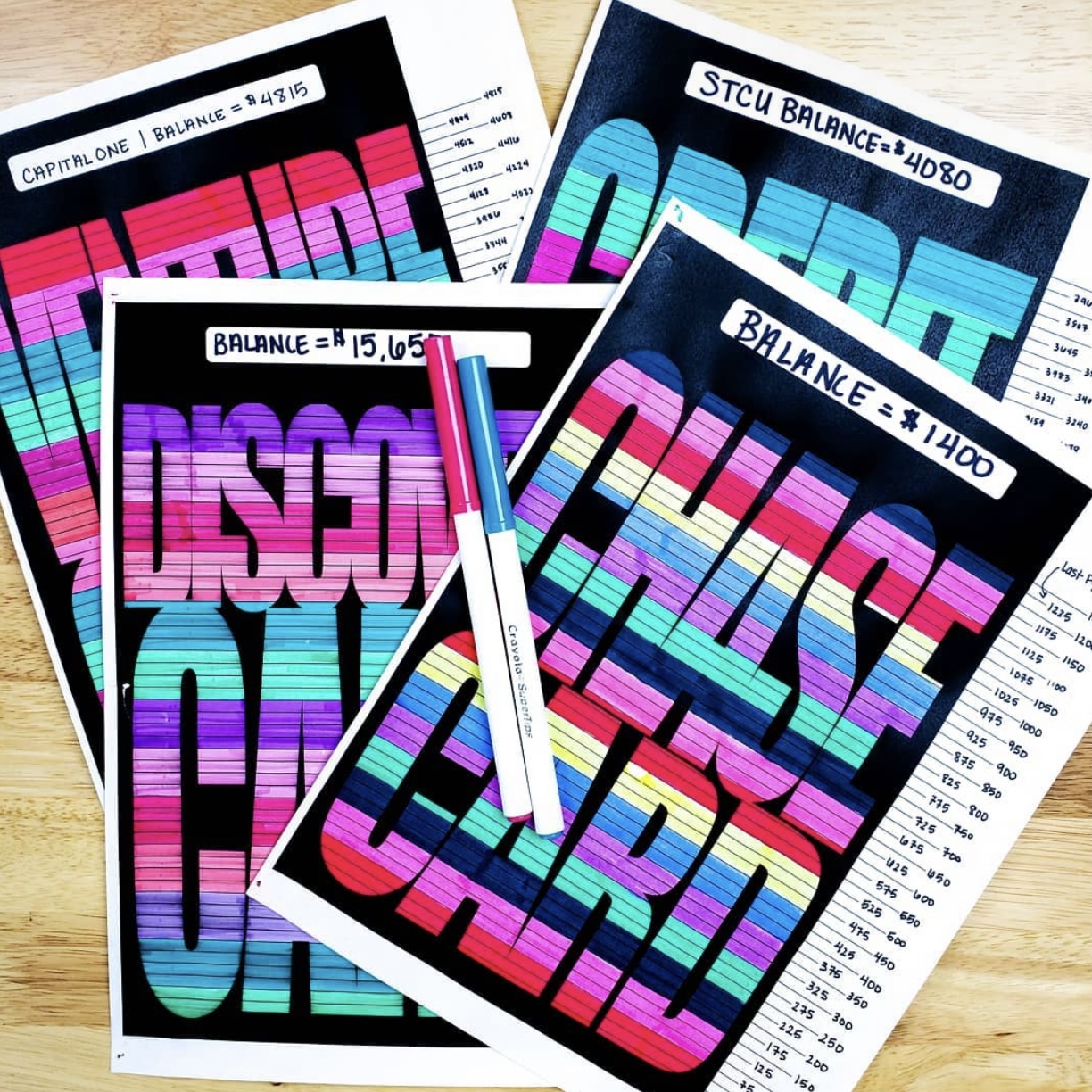guscharley494
guscharley494
Understanding Loans for Bad Credit: Options And Considerations

Introduction
In at this time’s financial panorama, having bad credit score can significantly limit one’s entry to loans and different types of credit. Nevertheless, there are nonetheless options out there for people with poor credit histories. This report delves into the assorted types of loans out there for these with dangerous credit, the components that lenders consider, the potential risks concerned, and strategies for enhancing credit score scores over time.
What’s Dangerous Credit?
Dangerous credit score typically refers to a low credit score score, which is usually defined as a score below 580 on the FICO scale. This score is influenced by numerous factors, together with cost history, credit score utilization, size of credit history, types of credit score used, and recent credit inquiries. People with dangerous credit may have a historical past of missed funds, high debt-to-revenue ratios, or even bankruptcies, making them appear dangerous to lenders.
Kinds of Loans Out there for Unhealthy Credit
- Personal Loans: Some lenders focus on offering personal loans to individuals with bad credit. These loans typically come with higher interest rates and less favorable terms than these obtainable to borrowers with good credit. It is essential to check a number of lenders to seek out the absolute best rates and phrases.
- Secured Loans: Secured loans require collateral, such as a automotive or savings account, which can reduce threat for the lender. As a result of the borrower gives security, these loans may have decrease interest charges than unsecured loans. However, the risk of shedding the collateral if payments are missed is important.
- Payday Loans: These are quick-time period loans that are usually due on the borrower’s next payday. Whereas they’re accessible to those with unhealthy credit, payday loans come with extremely high-curiosity rates and may result in a cycle of debt if not managed fastidiously. They must be approached with caution.
- Credit Union Loans: Credit unions typically present loans to their members with bad credit score at more favorable phrases than traditional banks. They could have more lenient necessities and lower interest rates. Becoming a member of a credit score union could be a helpful step for these with poor credit.
- Peer-to-Peer Lending: Platforms that facilitate peer-to-peer lending connect borrowers with particular person buyers. These loans can be extra accessible for these with dangerous credit, but interest rates can differ broadly primarily based on the perceived threat.
- Co-Signed Loans: Having a co-signer with good credit score can improve the chances of loan approval and should lead to better loan terms. The co-signer agrees to take duty for the loan if the first borrower defaults, which reduces danger for the lender.
Factors Lenders Consider
When assessing loan purposes from people with dangerous credit, lenders typically evaluate several key elements:

- Credit score Score: Whereas a low score is a primary concern, lenders can also take a look at the general credit score report to grasp the explanations behind the low score.
- Revenue and Employment: Lenders want to make sure that the borrower has a stable revenue to make regular payments. Employment historical past and revenue stage can significantly influence lending decisions.
- Debt-to-Earnings Ratio: This ratio compares month-to-month debt payments to monthly earnings. A decrease ratio indicates that the borrower has a manageable level of debt, which may enhance their chances of approval.
- Loan Quantity and Purpose: The amount requested and the purpose of the loan can also affect approval. Here is more on take out personal loan with bad credit; https://personalloans-badcredit.com, have a look at the website. Lenders may be extra prepared to lend for important expenses reasonably than discretionary spending.
Risks of Loans for Bad Credit
While loans for bad credit can provide fast monetary relief, they include inherent dangers:
- Excessive-Interest Charges: Borrowers with bad credit score usually face considerably increased interest charges, which might result in bigger payments and increased overall debt.
- Predatory Lending: Some lenders exploit individuals with dangerous credit score through predatory practices, together with exorbitant fees and terms that are almost unattainable to satisfy. It is crucial to research lenders totally.
- Debt Cycle: Taking out loans with high-interest charges can result in a cycle of borrowing, where people might need to take out extra loans to pay off existing debts, resulting in further financial pressure.
Improving Your Credit Score
For those looking for loans for bad credit, taking steps to improve credit scores can be beneficial in the long run:
- Pay Bills on Time: Constantly making on-time payments is one of the best methods to improve credit scores.
- Reduce Debt: Paying down present debt can enhance credit utilization ratios, which positively impacts credit scores.
- Examine Credit Stories: Usually reviewing credit stories for errors or inaccuracies might help establish areas for enchancment and allow people to dispute any discrepancies.
- Restrict New Credit score Functions: Each software for credit score may end up in a tough inquiry, which may quickly lower credit score scores. Limiting functions can help maintain scores.
- Consider Credit score Counseling: Skilled credit score counseling providers can present steering and sources for bettering credit and managing debt.
Conclusion
Loans for bad credit can offer a lifeline for individuals dealing with financial challenges, but they come with dangers and prices that must be fastidiously considered. By understanding the sorts of loans out there, the factors that lenders evaluate, and the potential pitfalls, borrowers could make informed selections. Additionally, focusing on bettering credit score scores over time can open up extra favorable borrowing options sooner or later. It is crucial to strategy borrowing with warning and to prioritize monetary literacy and responsible cash management.


